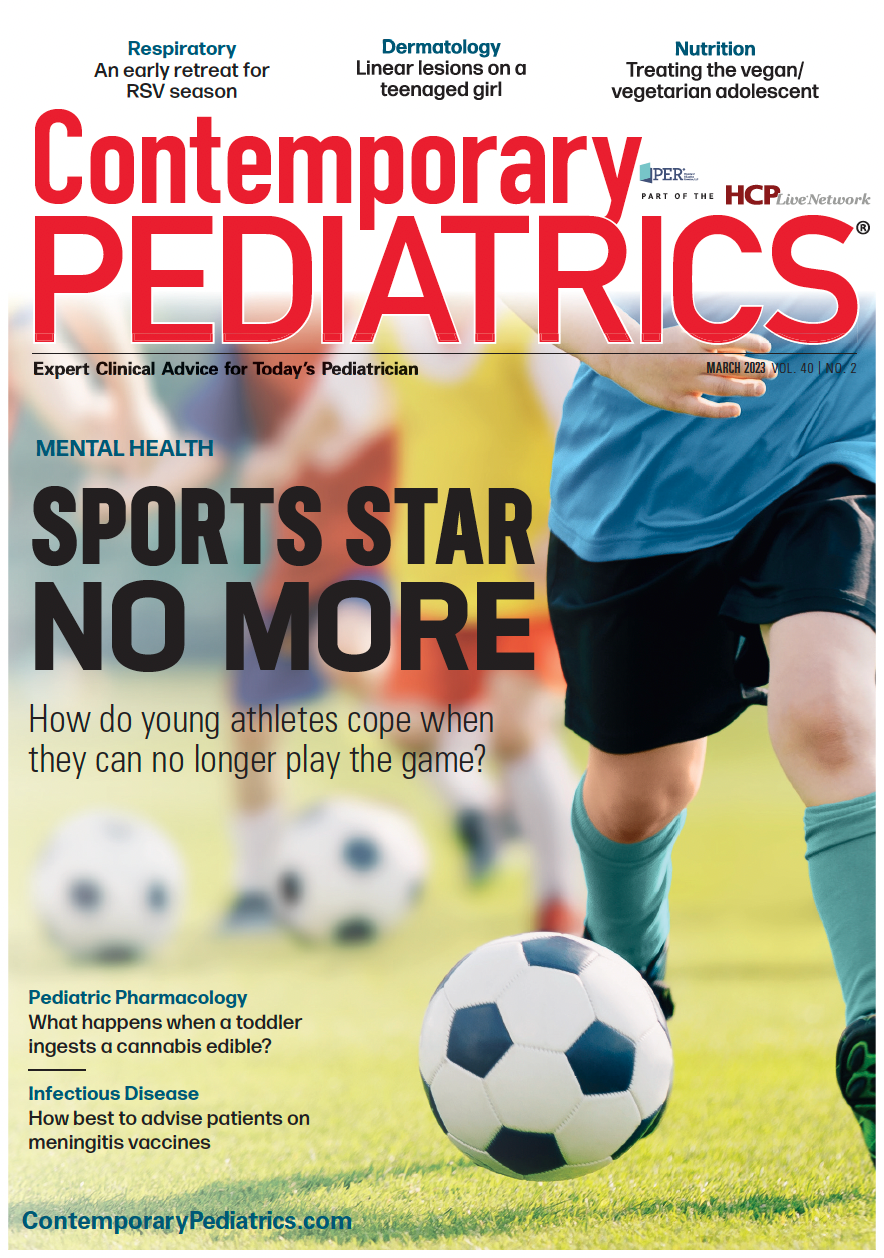Fluoxetine helps refractory nocturnal enuresis but not for long
A 12-week study in Egypt of the efficacy of fluoxetine (a selective serotonin reuptake inhibitor) in children with treatment-refractory nocturnal enuresis (NE) found that though the treatment achieved a good initial response, it was not sustainable.
Journal Club | Image credit: Contemporary Pediatrics

A 12-week study in Egypt of the efficacy of fluoxetine (a selective serotonin reuptake inhibitor) in children with treatment-refractory nocturnal enuresis (NE) found that though the treatment achieved a good initial response, it was not sustainable.
The investigation was in 110 children (mean age 11.8 years) with severe NE that was unresponsive to alarm therapy, desmopressin, and anticholinergics. About half the children were assigned to receive 10 mg fluoxetine orally once daily in the morning for 12 weeks and the other half to placebo.
The fluoxetine group experienced a significantly better reduction in the number of wet nights than the placebo group at 4, 8, and 12 weeks. After 4 weeks of fluoxetine therapy, 7.1% of patients achieved complete remission (CR) and 66.1% partial remission (PR) compared with 0% and 16.7%, respectively, of those in the placebo group. But after 12 weeks of therapy, the mean number of wet nights in the fluoxetine group was considerably worse than at 4 weeks.
Though the CR response rate in the group was 10.7%, the PR rate declined to 21.4%. Fluoxetine also was associated with improved nighttime arousal and, in 8.9% of patients, rapidly reversible adverse effects.
THOUGHTS FROM DR. FARBER
You may have heard about this study, which indicates a potential breakthrough for bed wetting by using fluoxetine, but you can see that the actual results were not really impressive. I have had good results with imipramine when desmopressin fails, but I always have to worry about overdoses (accidental or deliberate) with this medicine.
Reference
Hussiny M, Hashem A, Soltan M, Helmy T, El-Kenawy MR, Abdelhalim A. The safety and efficacy of fluoxetine for the treatment of refractory primary monosymptomatic nocturnal enuresis in children: a randomized placebo-controlled trial. J Urol. 208(5):1126-1134. doi:10.1097/JU.0000000000002896.

Having "the talk" with teen patients
June 17th 2022A visit with a pediatric clinician is an ideal time to ensure that a teenager knows the correct information, has the opportunity to make certain contraceptive choices, and instill the knowledge that the pediatric office is a safe place to come for help.
Meet the Board: Vivian P. Hernandez-Trujillo, MD, FAAP, FAAAAI, FACAAI
May 20th 2022Contemporary Pediatrics sat down with one of our newest editorial advisory board members: Vivian P. Hernandez-Trujillo, MD, FAAP, FAAAAI, FACAAI to discuss what led to her career in medicine and what she thinks the future holds for pediatrics.